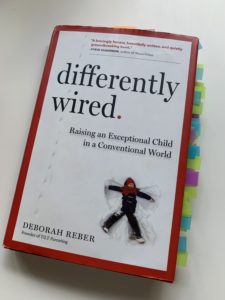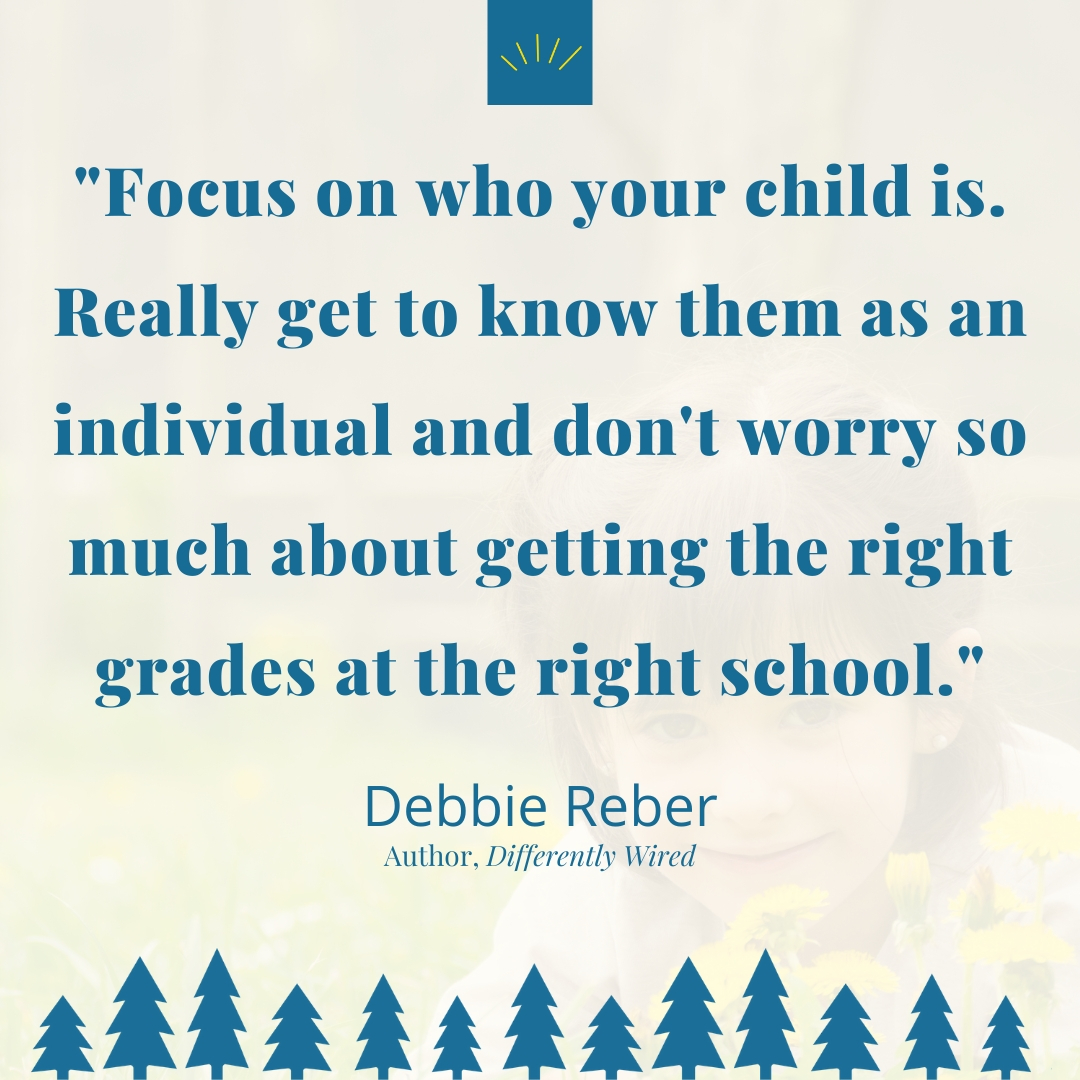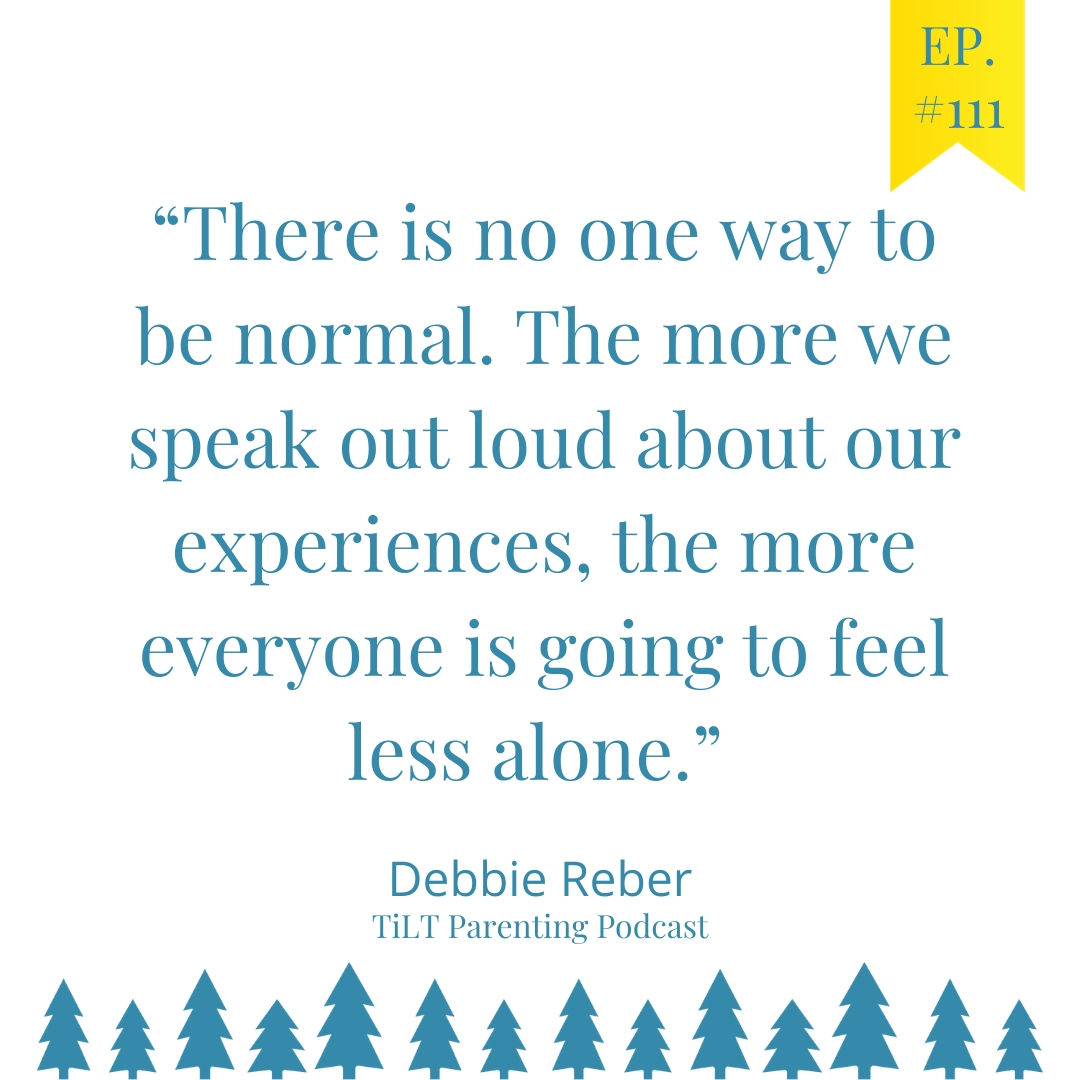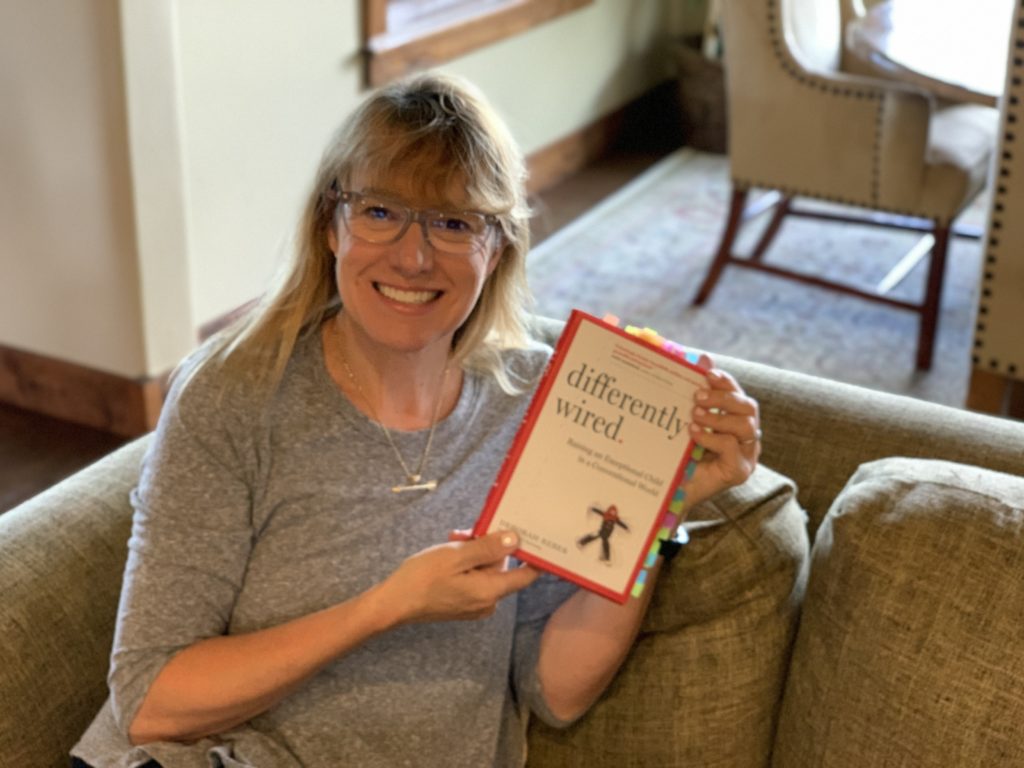[ENCORE] Ep. 111: Raising an Exceptional Child in a Conventional World
Release Date: 04/23/2022
![EP. 188 [Tough Twenties] Series Wrap Up with Gretchen (age 30) & Owen (age 20) show art](https://assets.libsyn.com/content/165814173?height=50&width=50) EP. 188 [Tough Twenties] Series Wrap Up with Gretchen (age 30) & Owen (age 20)
EP. 188 [Tough Twenties] Series Wrap Up with Gretchen (age 30) & Owen (age 20)
Sunshine Parenting
In the final episode of the , Gretchen (age 30), Owen (age 20), and I have a conversation about building identity capital in your twenties and how various experiences, whether professional or personal, shape our stories and can influence future opportunities. Owen shares his experience as a beach lifeguard, which, although unrelated to his planned career path, provided him with valuable life skills and discipline. Gretchen, nearing the end of her doctoral program, discusses how her camp counseling experience has been instrumental in her teaching career and her current research. We also...
info_outline![EP. 187: [Tough Twenties] The Defining Decade - Meg Jay, PhD show art](https://assets.libsyn.com/content/165280553?height=50&width=50) EP. 187: [Tough Twenties] The Defining Decade - Meg Jay, PhD
EP. 187: [Tough Twenties] The Defining Decade - Meg Jay, PhD
Sunshine Parenting
In the Tough Twenties series, I’m interviewing young adults, answering questions submitted by listeners, and sharing resources and tips related to thriving in young adulthood and beyond. Whether you’re an adolescent or a young adult in your twenties, or you’re parenting a young adult, I know you’ll be encouraged by this series. In this episode, I chat with Meg Jay, PHD, a developmental clinical psychologist who specializes in twentysomethings. She is the author of , and the cult classic . Her books have been translated into more than a dozen languages and her work...
info_outline![EP. 186: [Tough Twenties] Being an Excellent Employee show art](https://assets.libsyn.com/content/164726813?height=50&width=50) EP. 186: [Tough Twenties] Being an Excellent Employee
EP. 186: [Tough Twenties] Being an Excellent Employee
Sunshine Parenting
In the Tough Twenties series, I'm interviewing young adults, answering questions submitted by listeners, and sharing resources and tips related to thriving in young adulthood and beyond. Whether you're an adolescent or a young adult in your twenties, or you're parenting a young adult, I know you'll be encouraged by this series. In this episode, I chat with summer camp directors Andy and Alison Moeshberger. Each year they interview, hire, and train two hundred young adult counselors, so they have a lot of great insights on the skills and traits that lead to success at work for young...
info_outline![EP. 185 [Tough Twenties] Myths that Might be Holding You Back from Living Your Best Life show art](https://assets.libsyn.com/content/164097033?height=50&width=50) EP. 185 [Tough Twenties] Myths that Might be Holding You Back from Living Your Best Life
EP. 185 [Tough Twenties] Myths that Might be Holding You Back from Living Your Best Life
Sunshine Parenting
In this episode, I share about some myths that can hold you back from living your best life. It's easy to get caught up in the pressure to conform and meet expectations of others. We can find ourselves striving for success based on societal standards or seeking validation from those around us. To live our best lives, it's essential to explore our unique strengths and follow our own path. During this episode I share about five myths many adults base their lives on, truths that counter those myths, and what you can do now to start living your best life. It took me a long time to learn...
info_outline![EP. 184: [Tough Twenties] Creating Community and Connections with Owen, Age 20 show art](https://assets.libsyn.com/content/163726678?height=50&width=50) EP. 184: [Tough Twenties] Creating Community and Connections with Owen, Age 20
EP. 184: [Tough Twenties] Creating Community and Connections with Owen, Age 20
Sunshine Parenting
In the Tough Twenties series, I'm interviewing young adults, answering questions submitted by listeners, and sharing resources and tips related to thriving in young adulthood and beyond. Whether you're an adolescent or a young adult in your twenties, or you're parenting a young adult, I know you'll be encouraged by this series. In this episode I'm chatting with my son, Owen, who has just entered into his twenties. We discuss building connections and relationships in young adulthood and how unplugging from technology can help foster those connections. Owen shares his experiences as a sophomore...
info_outline![Ep. 183: [Tough Twenties] Foundational Health Habits with Charlotte, Age 25 show art](https://assets.libsyn.com/content/163560584?height=50&width=50) Ep. 183: [Tough Twenties] Foundational Health Habits with Charlotte, Age 25
Ep. 183: [Tough Twenties] Foundational Health Habits with Charlotte, Age 25
Sunshine Parenting
In the Tough Twenties series, I'm interviewing young adults, answering questions submitted by listeners, and sharing resources and tips related to thriving in young adulthood and beyond. Whether you're an adolescent or a young adult in your twenties, or you're parenting a young adult, I know you'll be encouraged by this series. In this episode my daughter Charlotte, age 25, and I talk about one area that can be challenging during the transition to adulthood - taking care of health. This episode was motivated by the following listener question: How do I manage the transition from college...
info_outline![Ep. 182: [Tough Twenties] Gretchen, Age 29, on Relationships show art](https://assets.libsyn.com/content/163361846?height=50&width=50) Ep. 182: [Tough Twenties] Gretchen, Age 29, on Relationships
Ep. 182: [Tough Twenties] Gretchen, Age 29, on Relationships
Sunshine Parenting
Navigating dating and romantic relationships - and figuring out how to decide who to commit to and marry- is one of the biggest decisions of the twenties. In this episode, I'm chatting with my daughter Gretchen, age 29, about her romantic relationships in her twenties, what she's learned from her own experiences and her observations and discussion with other young adults, and from the book, The Defining Decade (Meg Jay, PhD). Get in touch: Previous Tough Twenties Episodes Links: (post I read from in this episode) “Think hard about who you marry. It’s the most important decision...
info_outline Ep. 181: Tough Twenties - Ready for Adulthood
Ep. 181: Tough Twenties - Ready for Adulthood
Sunshine Parenting
The Tough Twenties series continues with a discussion of skills to work on to be ready for adulthood, a mindset shift for parents and young adults, and how to foster connection and friendships rather than competition. Resource: In this episode, I share about my Listener Question: This week I give my response to this listener question, which was submitted on : "How to see school/work/social gatherings as a common ground of building friendship rather than a competition of who is better (performance, looks, etc.)" Get in touch: Related: Self-Reflection Ideas:
info_outline Ep. 180: Tough Twenties - Charlotte, Age 25
Ep. 180: Tough Twenties - Charlotte, Age 25
Sunshine Parenting
It is not an easy time to be a young adult. In this new series on , I'll interview young adults, answer questions submitted by listeners, and share resources and tips related to thriving in young adulthood and beyond. Whether you're an adolescent or a young adult in your twenties, or you're parenting a young adult, I know you'll be encouraged by this series. In this first episode of the Tough Twenties series, I'm chatting with my daughter Charlotte, age 25. We talk about Charlotte's early twenties and the pivots she's made so far as she navigated a college transfer, a challenging...
info_outline Ep. 179: Middle School Superpowers with Phyllis Fagell
Ep. 179: Middle School Superpowers with Phyllis Fagell
Sunshine Parenting
is now available on ! for resources and ideas for happier, more connected families. In Episode 179, I chat with Phyllis Fagell about her amazing book, ABOUT THE BOOK When things don’t go right for a tween, it often feels HUGE: failing a test, being left out of a group chat, struggling with body image or identity, getting cut from a team. Middle school is often one of the rockiest times in a child’s life, even without today’s added challenges: a pandemic, the fear of school violence, divisive politics, and the scourge of social media. It’s filled with...
info_outlineJoin Debbie's TILT Parenting book club (Spring, 2022).
In this episode, I'm talking with Debbie Reber, creator of TiLT Parenting, the host of the TiLT Parenting Podcast, and the author of Differently Wired: Raising and Exceptional Child in a Conventional World. While this book was written mainly for parents that need extra support, I think it will resonate with all parents of all kids.
Big Ideas
- Every child deserves to be understood and accepted for who they are.
- We are all wired differently. Some differences are more visible than others.
- Each kid needs different tools to thrive in life and we can help them figure out what they need for their individual journey.
- When parents and children communicate their needs and explain their differences to others, people are more understanding and accepting.
- 3 Key Take-Aways:
- Find a community and resources
- Find the right kind of support (parent coach, couples counselor, online communities)
- Embrace and accept kids' strengths; teach them to articulate their needs.
- Gifted kids also have special needs that can be addressed and supported in schools and at home.
- As a parent, set aside what you think your child's (social, academic, physical) life should look like, and respect your child's own timeline.
Quotes
Audrey: "Sometimes people are just kind of under the radar. Maybe they aren't diagnosed with something, but their parents just sort of know that they don't move through life the same way that other people do."
Debbie: "Many of the kids in my community may not have a formal diagnosis but a lot of them are extra sensitive, have heightened anxiety and are more tuned in and the world is an intense place for them."
Debbie: "I wanted to cast a wide net and include any sort of narrow atypicality because there are so many of us. But when we stay in our little buckets, we don't get to tap into the collective and recognize the power in our numbers and why things really do need to change."
Audrey: "Sometimes our biggest challenges become our biggest gifts."
Audrey: "You did this journey together with your son, learning how to help him navigate the world and then how to help you navigate the world as a parent. You figured out how to embrace your son and all of his strengths and his uniqueness and help him become his best self. And you helped him be able to articulate to the world who he is and what he needs."
Audrey: "I've always loved delving into all the personality type inventories that just help us learn how the way we see the world or react to things is different from other people and being a little more empathetic and understanding of that as opposed to thinking it's wrong."

Debbie: "We're really looking at this person as an individual human on their own incredible journey. I think it can be really hard when we're just kind of on this treadmill of life, doing what everybody else is doing. Take a conscious step back and say, 'wait a minute--who is this kid and what do they need to do to really thrive?'"
Debbie: "It's not easy to take that pause and to really shift your focus."
Audrey: "Even for people with different interests, the concept that there is one path is so flawed. Kids who aren't academically inclined or school isn't their thing are left feeling like they don't fit in. Often, it beats them down to the point where they don't have the opportunity to explore their interests."
Audrey: "The impact of not letting kids be who they really are and exploring that is coming out in the rise of mental health disorders, substance abuse, and suicide among adolescents and young adults. All of these things can be traced back to the same idea that if you don't fit into some prescribed thing, the world is hard."
Audrey: "We all have a lot of parental shame, insecurity, guilt, worry and often loneliness when we are kind of embarrassed by our kids' behavior or confused or just don't get it."
Debbie: "There's a lot of judging in parenting. It's pervasive and it's really harmful. It hurts us and when people are judging it is triggering their own insecurities. I think it's so important to find safe spaces to connect and to share."
Debbie: "It's important to get clear and remember what the core goal is and that is to support these kids in becoming who they are."
Debbie: "One of the ways we can bolster our foundation is to surround ourselves with people who fully support our family. When we do this, we relax, our kids relax, and we all get to go about our business from a place of confidence. Community changes everything. It lifts us up. It deepens our well of resources. It fuels our bravery. It allows us to be our authentic selves. It reminds me that we and our children are not alone. It's time we ditched the doubters, skeptics, and those will never get it and instead surround ourselves with our people." (Differently Wired, pg. 217)
Debbie: "Part of the process is for us to speak openly, without fear or shame or worry. That's part of the accepting process of knowing that there is no one way to be normal."

Debbie: "I imagine we are going to create a more accepting society if we stop shaming certain behaviors, ostracizing people, or making them feel like they're aberrations when really it's just a different way of being."
Debbie: "One of the biggest gifts we can give a kid is the opportunity to truly know themselves and understand how their brain works and what's going on and then how to advocate for themselves, how to speak up."
Debbie: "When people understand, it changes everything. People are afraid of what they don't understand. In a society that puts so much weight on conforming and fitting in, when we don't understand something, we tend to make up stories about it or push it aside."
Audrey: "For more typically-wired kids, it teaches them super important character traits like kindness, empathy, and compassion."
Debbie: "As parents, we can really spin out and get concerned if what we're seeing in our own family isn't matching our idea of what this should look like. Every child is on their own timeline. Everyone is growing in strengths and may have some lagging skills but they even out eventually. If we can keep our eye on the goal to raise a responsible human being who knows themselves, who understands what they need and has the tools to reach their potential, that's what we're going for."

Resources
Learn more about Debbie Reber and TiLT Parenting:
- TiLT Parenting on Facebook
- TiLT Together Facebook Group
- TiLT Instagram
http://www.twitter.com/tiltparenting
Related Posts/Podcasts
If you liked this episode, listen to Ep. 104: Know and Love Yourself AND Your Kids
4 Ways to Focus on our Kids' Strengths
Ep. 71: Growing Your Child’s “Bushy Broccoli Brain”
